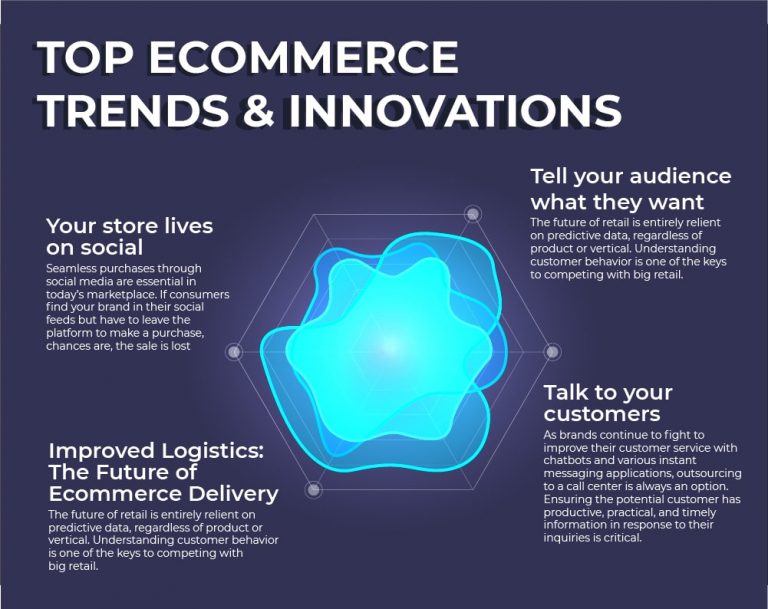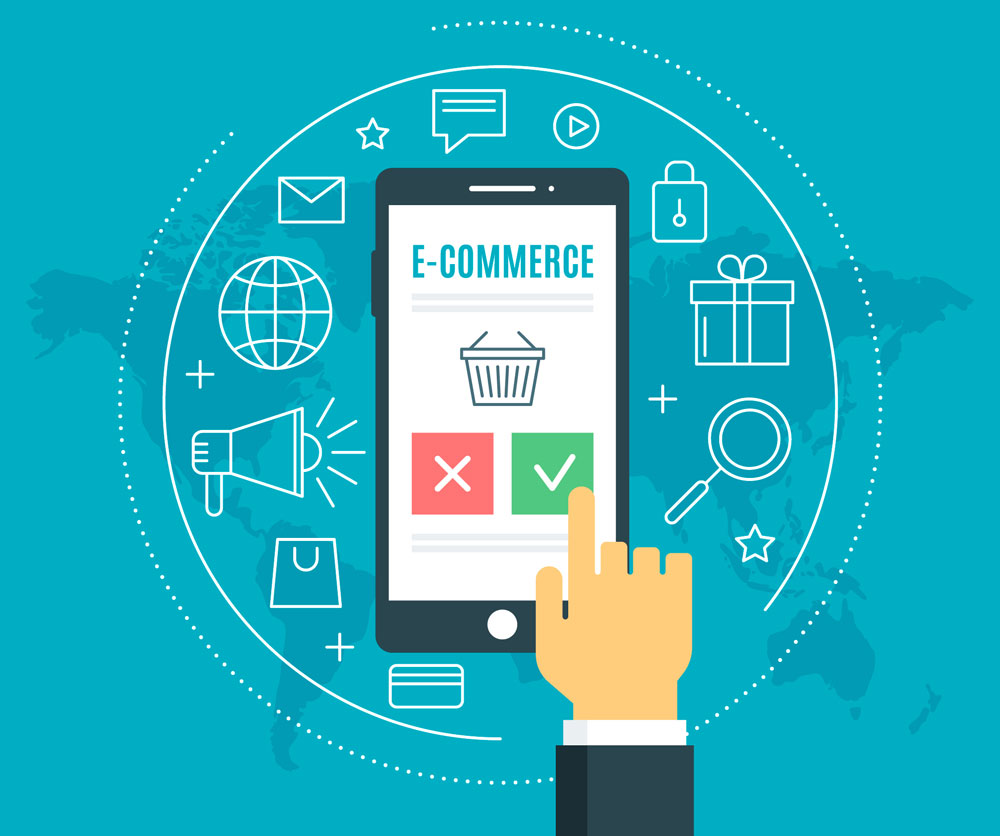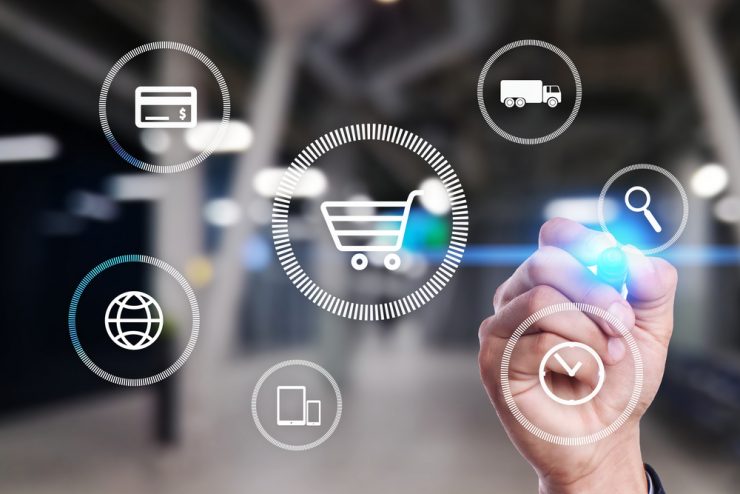With the world going digital, e-commerce has become a vital part of our daily lives. Shopping online has never been easier, thanks to technology. As technology continues to evolve, so does the e-commerce industry. Here are some of the top e-commerce technology innovations that you need to know about:
1. Artificial Intelligence (AI)
 Source: bing.com
Source: bing.comAI has revolutionized e-commerce by providing personalized shopping experiences to customers. AI algorithms analyze customer data, browsing history, and purchase history to provide product recommendations, making the shopping experience more convenient and personalized. Furthermore, AI is used in chatbots that provide customer support 24/7, improving customer satisfaction and reducing costs for businesses.
2. Augmented Reality (AR)
 Source: bing.com
Source: bing.comAR technology provides an immersive shopping experience by allowing customers to visualize products in real-time. With AR, customers can see how furniture, clothes, makeup, and other products would look in their homes or on their bodies. This technology has increased customer engagement, improved conversion rates, and reduced the number of returns.
3. Voice Commerce
 Source: bing.com
Source: bing.comVoice commerce is a technology that allows customers to make purchases using voice commands. With voice assistants like Siri, Alexa, and Google Assistant, customers can order products while doing other tasks, making the shopping experience more convenient. Voice commerce technology has already been integrated into various e-commerce platforms, and it’s expected to grow in popularity in the coming years.
4. Mobile Commerce
 Source: bing.com
Source: bing.comMobile commerce allows customers to access e-commerce platforms on their mobile phones. With the rise of smartphones, mobile commerce has become increasingly popular. E-commerce platforms have developed mobile apps that provide a seamless shopping experience, allowing customers to shop anytime and anywhere. Mobile commerce is projected to continue growing, and it’s expected to surpass desktop e-commerce in the coming years.
5. Cryptocurrency
 Source: bing.com
Source: bing.comCryptocurrency is a digital currency that uses encryption techniques to regulate the generation of units of currency and verify the transfer of funds. E-commerce platforms have started accepting cryptocurrency as a payment method, providing customers with an alternative payment option. Cryptocurrency has the potential to revolutionize e-commerce by providing a secure, decentralized, and transparent payment system.
6. Social Commerce
 Source: bing.com
Source: bing.comSocial commerce is a technology that integrates social media and e-commerce. Social media platforms like Facebook, Instagram, and Twitter have developed e-commerce features that allow businesses to sell products directly to customers. Social commerce has increased customer engagement, improved brand awareness, and provided businesses with a new revenue stream.
7. 3D Printing
 Source: bing.com
Source: bing.com3D printing is a technology that allows businesses to create physical objects from digital designs. E-commerce platforms have started using 3D printing to create customized products, reducing production costs and providing customers with unique products. 3D printing has the potential to revolutionize e-commerce by providing businesses with a more sustainable and cost-effective production method.
8. Subscription Services
 Source: bing.com
Source: bing.comSubscription services are a technology that allows customers to subscribe to receive products on a regular basis. E-commerce platforms have developed subscription services for products like food, beauty products, and clothing. Subscription services have increased customer loyalty, improved revenue predictability, and provided businesses with a recurring revenue stream.
9. Virtual Reality (VR)
 Source: bing.com
Source: bing.comVR technology provides an immersive shopping experience by creating a virtual environment where customers can interact with products. With VR, customers can see how products would look and feel in real life, providing a more engaging shopping experience. VR technology has the potential to revolutionize e-commerce by providing a more realistic and interactive shopping experience.
10. Big Data
 Source: bing.com
Source: bing.comBig data is a technology that allows businesses to collect and analyze large amounts of data to improve decision-making. E-commerce platforms use big data to analyze customer behavior, preferences, and trends, providing insights that help businesses improve their products, marketing strategies, and customer experiences. Big data has the potential to revolutionize e-commerce by providing businesses with valuable insights that improve their operations.
Conclusion
E-commerce technology innovations have revolutionized the way we shop online. AI, AR, voice commerce, mobile commerce, cryptocurrency, social commerce, 3D printing, subscription services, VR, and big data are just some of the technologies that have transformed e-commerce. As technology continues to evolve, we can expect even more innovative technologies that will change the e-commerce industry for the better.
Related video of The Top E-commerce Technology Innovations You Need to Know About
https://youtube.com/watch?v=GQjuEygcS3A
